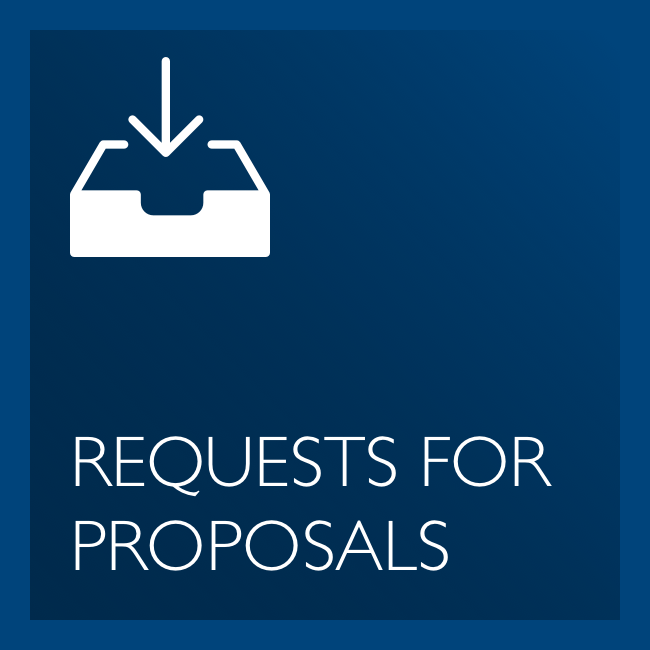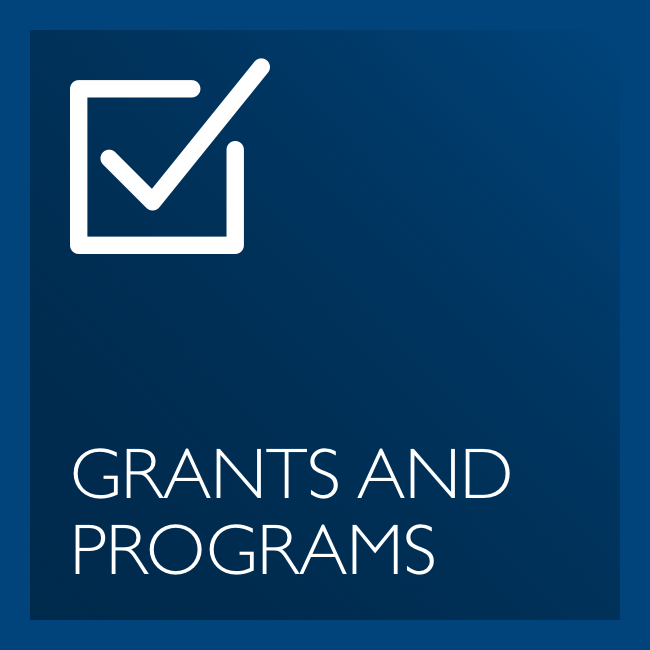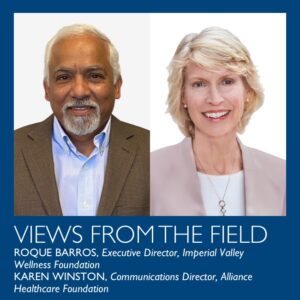Philanthropy @ Work – Transitions – August 2025
The latest on transitions from the field.
Philanthropy @ Work – Grants and Programs – August 2025
The latest on grants and programs from the field.
Expanding Youth Mental Health in Philadelphia Schools
Youth in the United States are in crisis. Rates of depression and anxiety in children have been on the rise, the result of factors like social media, pandemic related issues like isolation, and trauma from gun violence and poverty. Between 2016 and 2020, diagnoses of depression in youth ages 3-17 increased by nearly 30 percent and were higher for children of color and LGBTQ children according to a 2022 study by the Agency for Healthcare Research and Quality.









